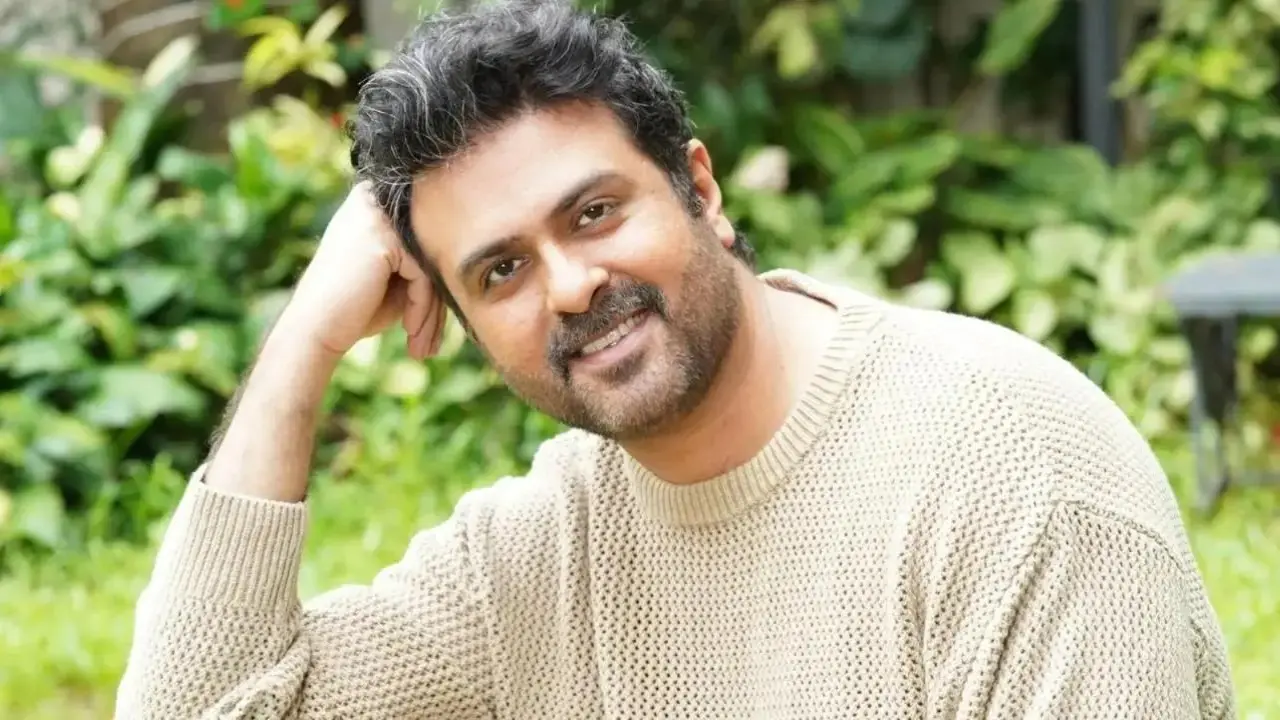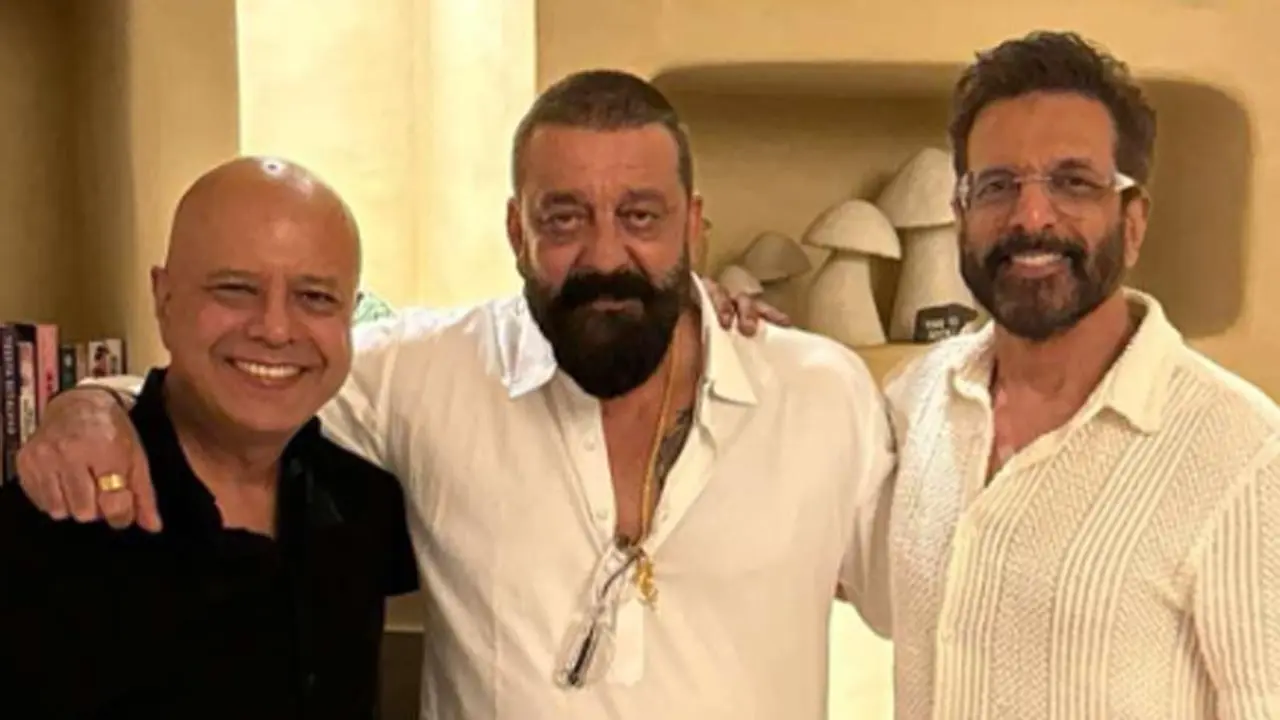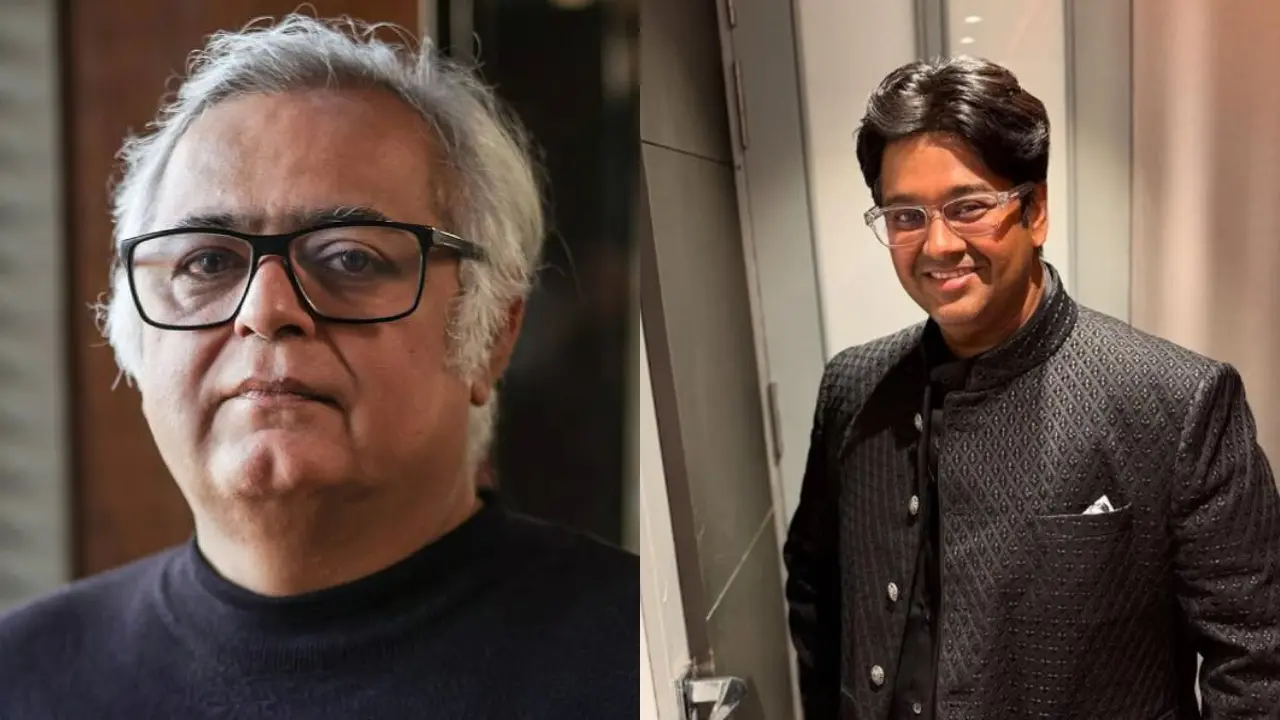Harman Baweja has seen the film industry from both sides of the lens — first as an actor in big-ticket Bollywood productions, and now as a producer steering content-driven stories. Having worked across regions and genres, Baweja believes the constant chatter about “Bollywood versus South cinema” misses the bigger picture. “At the end of the day, it’s the Indian film industry,” he says while talking to mid-day. “That’s what it’s all about.”
Baweja acknowledges the phenomenal run that South Indian films like Pushpa, KGF 2, and RRR have enjoyed nationwide. But he cautions against treating their success as the rule rather than the exception. “Of course, there are South films that have done brilliantly pan-India,” he admits. “But if you really sit down and count, there are maybe four or five that make it big in Hindi each year. There’s a perception that everything from the South works, but every industry faces its own challenges and constantly tries to break out — that’s just the nature of the business.”
The budget debate
The discussion often shifts to budgets — particularly how South filmmakers seem to create cinematic spectacles at a fraction of Bollywood’s cost. Baweja feels this narrative oversimplifies the equation.
“Yes, there’s talk about entourage costs in Hindi cinema,” he says. “But that alone doesn’t inflate the budget. It adds to it, sure, but it’s not the singular factor.”
For Baweja, context is key. “The Malayalam industry has always been about content first — less about histrionics. Telugu films, on the other hand, are grand and larger than life, so naturally, they’re more expensive,” he explains. “When you factor in the genre and storytelling style, the comparison becomes more balanced.”
Citing examples, he adds, “We had a Saiyaara, which was roughly in the same cost range as Lokah, the Malayalam superhero film made for Rs 30 crore — and it performed phenomenally well. So the idea that we can’t make effective, mid-budget films in Hindi just isn’t true.”
‘Stop comparing apples to oranges’
For Baweja, the issue isn’t competition but perspective. “We all look around and try to understand what others are doing better — and that’s healthy,” he says. “But sometimes, the comparisons get too intense and not really apples to apples. When you’re talking about different languages, audiences, and genres, it’s just not a fair comparison.”
His larger takeaway is one of unity rather than rivalry. “Every region is contributing something incredible to cinema,” he reflects. “It’s time we stop dividing it as Bollywood or South and start calling it what it truly is — Indian cinema. Because when one side wins, we all win.”











